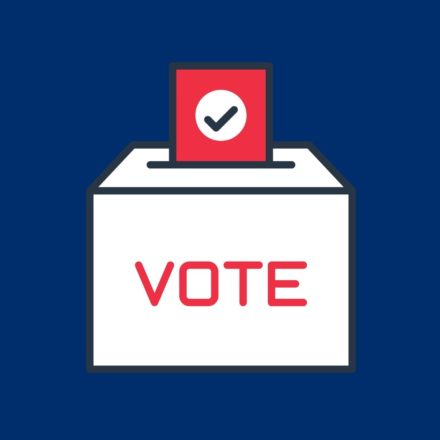Kansas Governor Laura Kelly vetoed a number of controversial bills during the April break and legislators wasted no time in seeking to override those vetoes on the first day of the veto session.
Six bills and several line item vetoes were taken up. Of the six bills, five were overridden while one veto was sustained.
Here are the bill vetoes voted on today:
SB 50 is this year’s Brownback 2.0 tax cut bill. The bill includes a small tax increase by requiring that online marketplace facilitators collect and remit sales taxes to Kansas once they have made $100,000 in sales in the state. It will allow individuals to itemize deductions on their Kansas income taxes even if they can’t on the federal form which is a benefit for a few relatively high income individuals. It raises the standard deduction by $500. It also provides some generous tax breaks for multi-national corporations. The average Kansas tax payer will get about a $26/year tax cut while some $300 million will be denied to the state general fund – putting stress on the state budget and jeopardizing funding for state services.
Senate vote: 30 to 10; House vote: 84 to 39
SB 55 would prohibit any transgender girl or woman from kindergarten through a four-year university from participating on female sports teams. It includes not only competitive sports but intramural sports as well. The Senate voted to sustain the Governor’s veto on this bill with three Republicans (Dietrich, Doll, and McGinn) joining all the Democrats.
Senate vote: 26 to 14; No House vote
HB 2166 created a number of special license plates including a “Proud Educator” plate. Added to the list in conference was a Gadsden Flag plate, the proceeds of which would go to fund the NRA’s Kansas chapter, the Kansas Rifle Association. While the Gadsden flag figured in the American Revolution, it has been mired in controversy recently. Gadsden was a slave owner and the merchant who built Gadsden’s Wharf in Charleston, South Carolina, which was known for the importation of captive Africans for the slave trade. The flag has been co-opted by white supremacist organizations and anti-government militias and figured prominently during the January 6 insurrection at the U.S. Capitol. Governor Kelly vetoed the bill because of the inclusion of the Gadsden plate.
House vote: 86 to 37; Senate vote: 28 to 12
While Kansas Secretary of State Scott Schwab has often declared Kansas elections as fair, efficient, and free from fraud, his colleagues in the legislature must disagree. For this reason, they have passed bills that will make voting more difficult for some Kansans. Governor Kelly vetoed both bills but her vetoes were overridden.
HB 2332 puts restrictions on the solicitation of advance voting applications by organizations and restricts the altering of election laws. In some states, the executive branch or courts made alterations to election procedures in an effort to protect voters from COVID-19. Under HB 2332, this authority is given only to the legislature. Even the Secretary of State must get approval from the Legislative Coordinating Council to enter into a consent decree from a court.
House vote: 86 to 37; Senate vote: 28 to 12
HB 2183 limits advance voting by prohibiting the Secretary of State from extending the deadline for receipt of advance mail ballots and prohibits any individual from delivering more than 10 advance ballots for others in an election. The limits on individuals assisting others with ballot delivery impacts seniors in assisted living facilities or organizations that want to help their members with voting.
House vote: 85 to 38; Senate vote: 28 to 12
HB 2058 creates a concealed carry permit for individuals age 18 to 20. Passage of the bill means that nearly all individuals on tech college, community college, and university campuses in Kansas will be able to carry a concealed firearm to class if they so choose.
House vote: 84 to 39; Senate vote: 31 to 8
Two other bills of interest to KNEA that were vetoed are HB 2039, creating a high stakes civics test and requiring completion of a course in financial literacy for graduation from high school, and HB 2089, mandating that any firearms safety program used in an elementary school be based on the NRA’s Eddie Eagle program. Neither vetoes were taken up as of yet.




